Publications
Articles, publications, books, tools and multimedia features from the U.S. Institute of Peace provide the latest news, analysis, research findings, practitioner guides and reports, all related to the conflict zones and issues that are at the center of the Institute’s work to prevent and reduce violent conflict.

Carla Freeman on U.S.-China Strategic Competition in Space
Amid a technological boom, space is becoming the latest front for U.S.-China strategic competition. And with only a handful of Cold War-era treaties governing it, the world “needs some new rules and norms to manage a very precious environment for the future,” says USIP’s Carla Freeman.
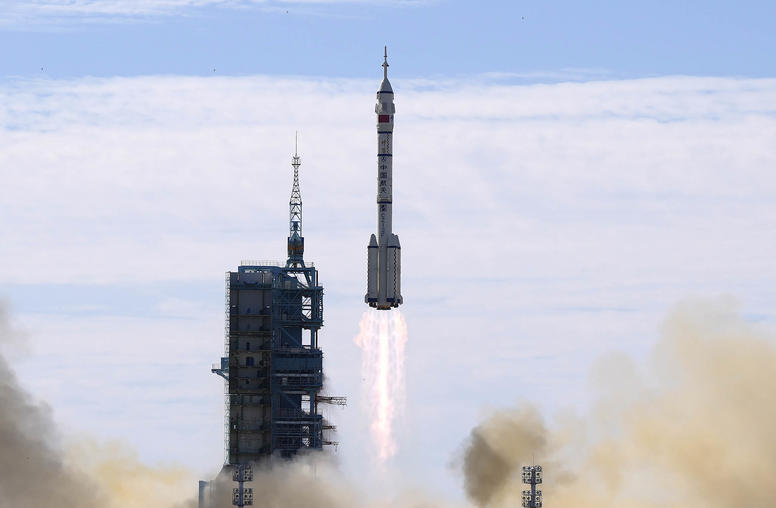
China and Strategic Instability in Space: Pathways to Peace in an Era of US-China Strategic Competition
Recent defense white papers published by the Chinese government refer to outer space as the “commanding heights” in international strategic competition, and the United States has explicitly identified space as a warfighting domain. While current strains in the US-China relationship have made managing potential conflict in space difficult, it is not impossible. This report identifies several areas in which the United States and China, as two of the world’s three most formidable space powers, urgently need to foster greater communication and cooperation.
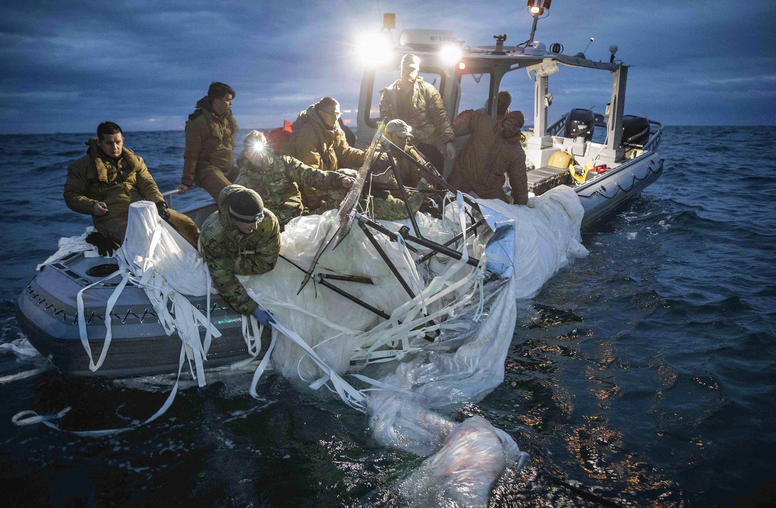
After Beijing’s Balloon, What’s Next for U.S.-China Ties?
Days before U.S. Secretary of State Antony Blinken was set to travel to Beijing, the Pentagon announced it had detected a Chinese “surveillance balloon” over Montana. The incident sparked intense speculation about China’s intentions, including why it would choose to employ a relatively low-tech surveillance device. Ultimately, Blinken announced on February 3 that he was postponing his trip, which would have been the first by a U.S. secretary of state in five years. With U.S.-China tensions already simmering, the balloon episode injects more mistrust and scuttled the opportunity presented by Blinken’s trip to resume cooperation on areas of mutual interest and demonstrate that both sides want to better manage bilateral tensions.
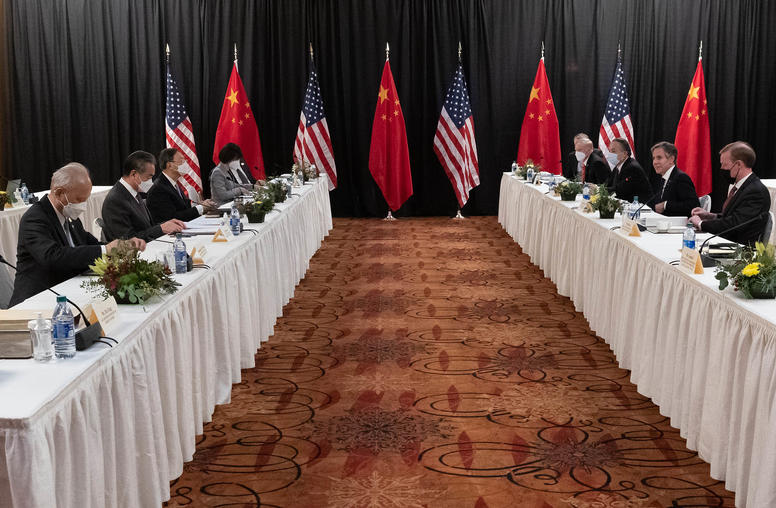
Can Blinken’s Beijing Visit Help Build Bilateral Trust?
U.S. Secretary of State Antony Blinken’s planned visit to Beijing next week is unlikely to see breakthroughs in the tense U.S.-China relations. However, his visit — the first to China by a U.S. secretary of state since Mike Pompeo’s in 2018 — provides an important opportunity for him to take up a range of issues with Chinese Foreign Minister Qin Gang and China’s top diplomat, Wang Yi. There is no doubt that the bilateral relationship is severely strained, but Blinken’s visit is an important follow up to the meeting between President Joe Biden and General Secretary Xi Jinping on the sidelines of November’s G-20 in Bali and a sign that both sides see the need to stabilize ties.
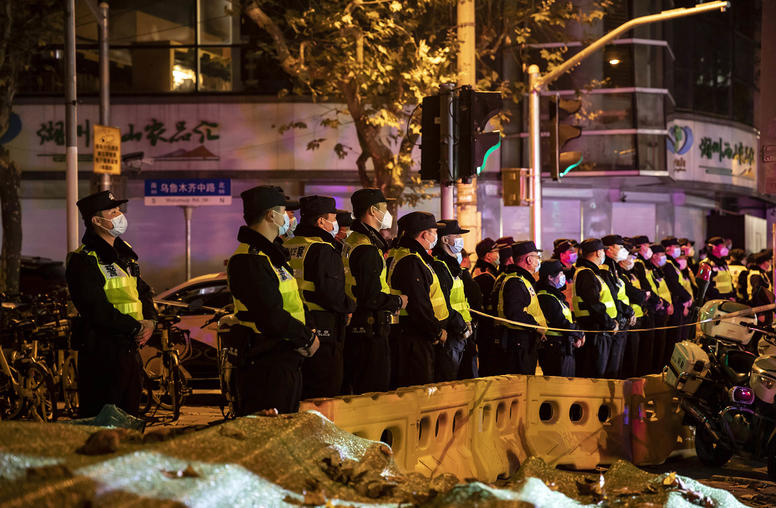
After G-20, Amid Unprecedented Protests: Where Do U.S.-China Relations Stand?
U.S. President Joe Biden and Chinese Communist Party General Secretary Xi Jinping met earlier this month on the sidelines of the G-20 gathering in Bali and came away with seemingly little to show for the gesture. Those hoping for a major reset in the U.S.-China relationship from the first face-to-face meeting between Biden and Xi held were surely disappointed, with no signs of an emerging détente between Washington and Beijing visible.
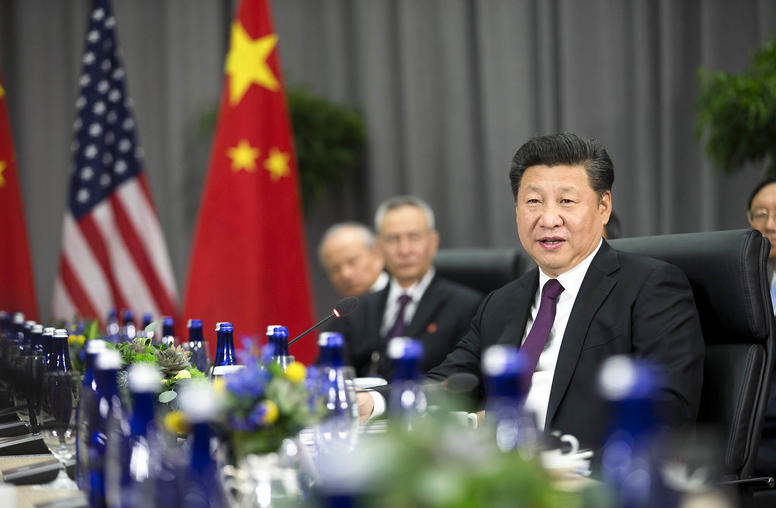
Xi Kicks Off Campaign for a Chinese Vision of Global Security
Earlier this month Chinese leader Xi Jinping made his first foreign trip since the coronavirus outbreak, joining the Shanghai Cooperation Organization (SCO) summit in Samarkand, Uzbekistan. The summit was Xi’s first in-person opportunity to win support outside of China’s borders for his new Global Security Initiative (GSI), which he launched in April. While the GSI remains notional and somewhat vague, Xi is on the offensive, seeking to position his vision of a new global security architecture as an alternative to the Western-led security order. In an era of heightened strategic rivalry between Washington and Beijing, Xi’s GSI campaign could amount to yet another challenge to the U.S.-China relationship and the two countries’ ability to peacefully manage differences.
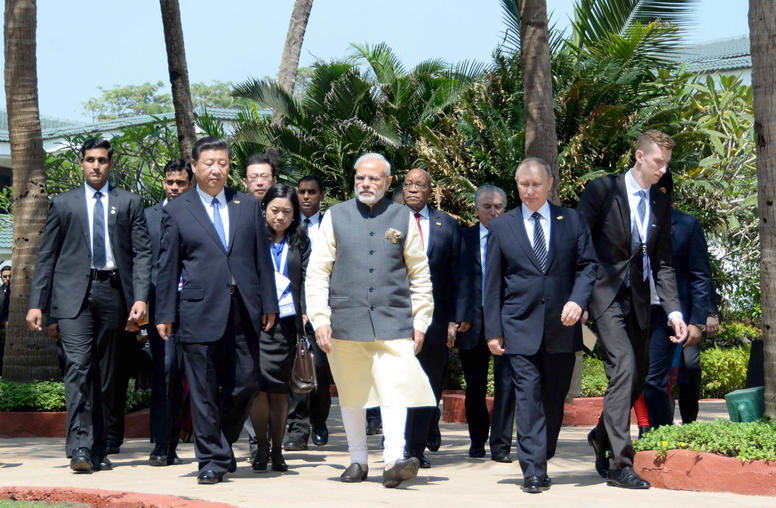
Modi, Putin and Xi Join the SCO Summit Amid Turbulent Times
The Shanghai Cooperation Organization (SCO) resumed in-person summits last week in the wake of the COVID pandemic and at a moment of unprecedent change and challenge. Member states Kyrgyzstan and Tajikistan are at war over their border. So are dialogue partner states Armenia and Azerbaijan. All SCO members are dealing with the economic impact of the Russian war in Ukraine as well as climate disruptions like the floods overwhelming Pakistan. Mistrust between India and Pakistan, full members since 2017, make cooperation difficult on the SCO’s original core mission of counterterrorism. And India and China, which were building toward the “Wuhan spirit” of cooperation when India joined in 2017, are hardly on speaking terms despite recent progress toward deescalating a friction point along their disputed Line of Actual Control.
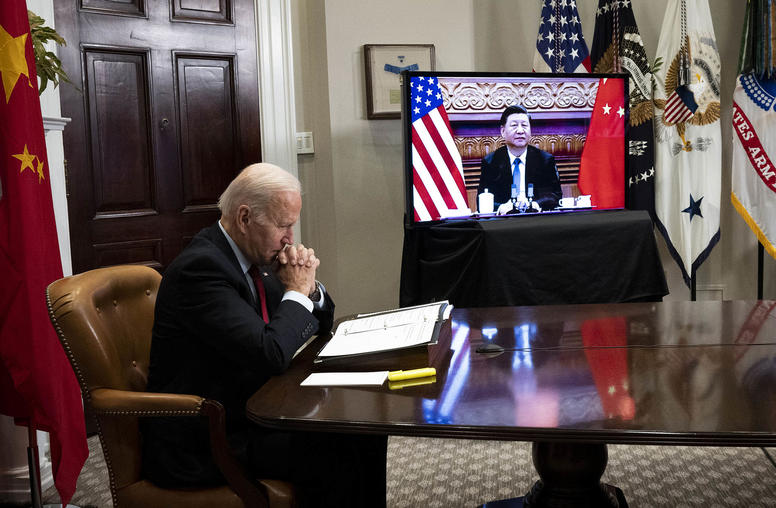
Misreading Biden in Beijing: Perception is Everything in U.S.-China Relations
Beijing’s strong reaction to U.S. Speaker of the House Nancy Pelosi’s August visit to Taiwan highlights how the island has become ground zero in major power competition, with U.S.-China relations at their lowest point in decades. Indeed, the Taiwan Strait is now the most plausible locale for a military confrontation between the United States and China. Most alarmingly, Beijing and Washington are prone to misread the signals of the other, especially where Taiwan is concerned. Misinterpreting rhetoric or actions can be extremely dangerous because it can trigger action-reaction cycles that can spiral into unintended escalation and unwanted conflict.
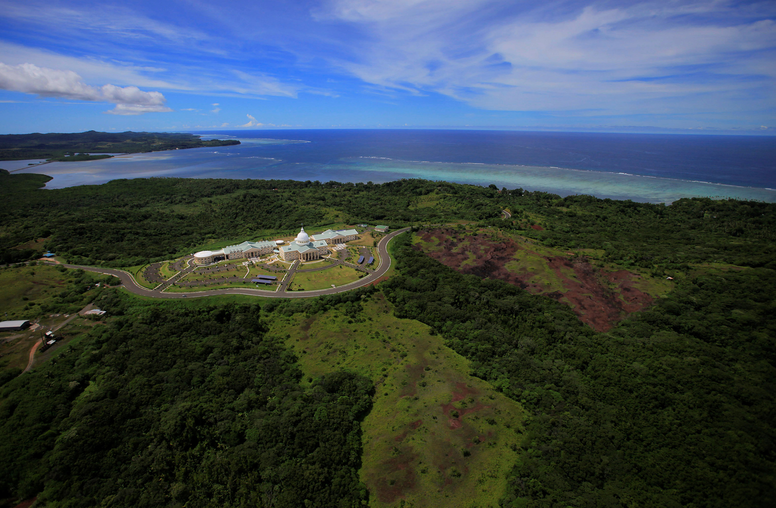
China’s Influence on the Freely Associated States of the Northern Pacific
Around the world, Beijing is investing heavily in diplomatic, security, cultural, and economic ties in a bid to increase its global influence, strengthen its ability to protect and advance its national interests, attract support in multilateral fora and international institutions, and fracture the global consensus on key issues it views as unfavorable to its geopolitical ambitions. The Pacific Islands region—defined as the vast stretch of Pacific Ocean between Asian littoral waters in the west, Guam in the north and Hawaii in the northeast, and Australia and New Zealand in the south and southwest—has been no exception.
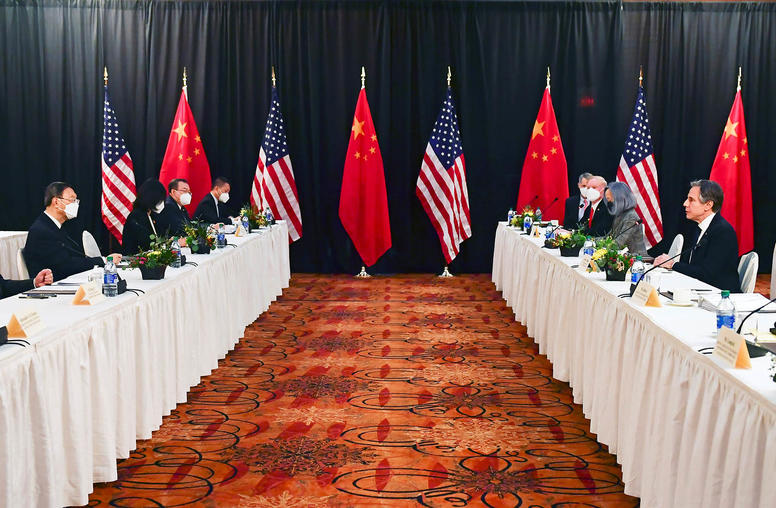
US-China Signaling, Action-Reaction Dynamics, and Taiwan: A Preliminary Examination
The United States and China have found it challenging in recent years to interpret one another’s foreign policy signals vis-à-vis Taiwan. Misinterpretation of the signaling may contribute to a cycle of actions and reactions that can inadvertently elevate bilateral tensions to the point of crisis or even war in the Taiwan Strait. This report, co-authored by three USIP experts and three experts from China’s Shanghai Institutes for International Studies, examines the challenges to clear and unambiguous US-China communications over Taiwan and provides preliminary recommendations for overcoming them.